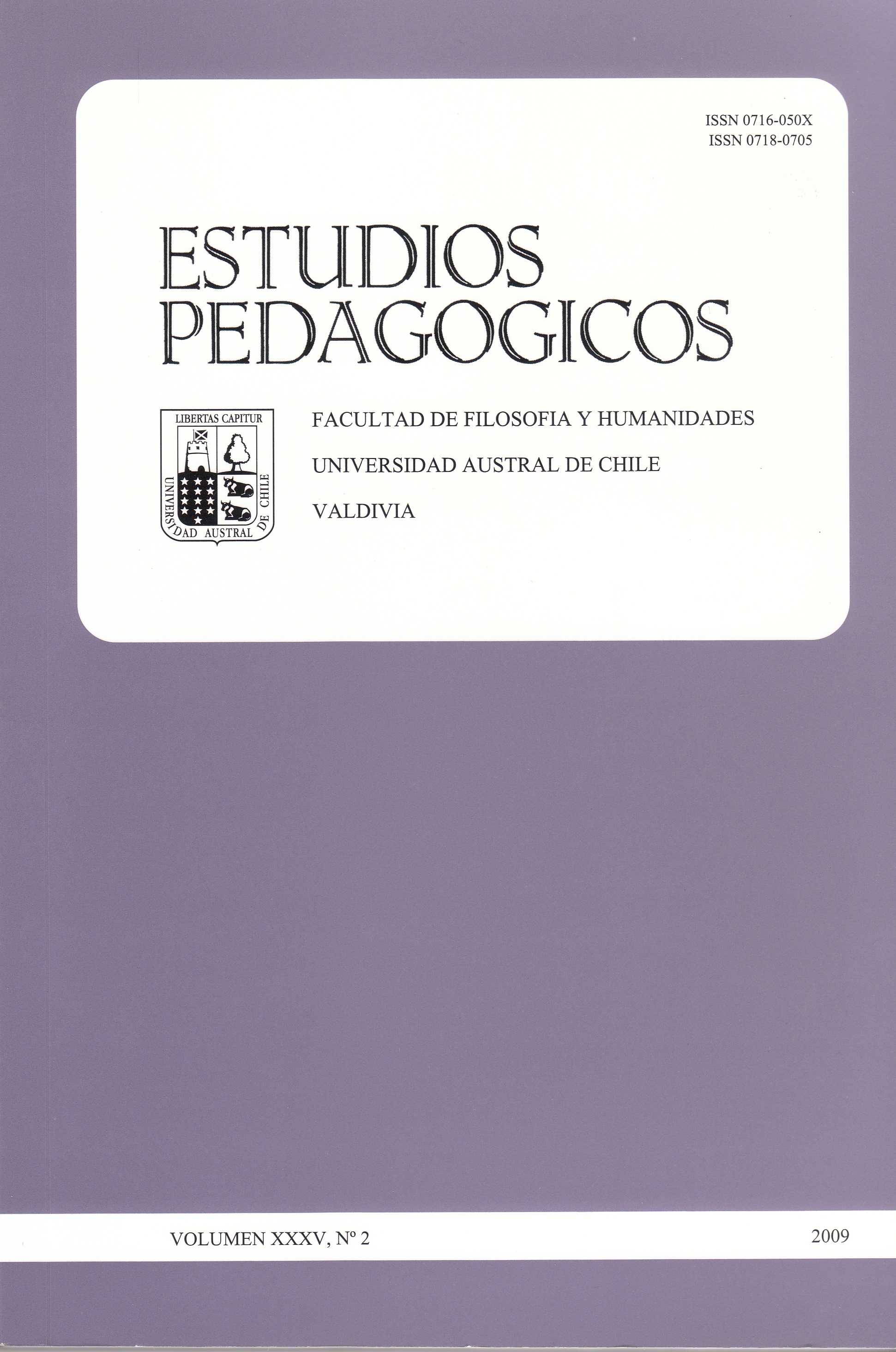Notes on higher education sociology in international, regional and local context
Main Article Content
Abstract
The present article analyzes the current development stage of higher education sociology in the north, with emphasis on the United States and Europe, and the degree of its establishment in Spanish speaking Latin America, in particular. It reviews its academic institutionalization, professionalization of research and disciplinary production in the central countries and its later evolution through geographical diffusion, inclusion of new subjects, interdisciplinary emphases, differentiation and specialization of approaches and through an increasing comparative focus in the study of national systems. It also attests to the weaknesses of those institutionalization, professionalization and production processes in Latin America, in contrast with the region's contribution in terms of some analytical perspective and distinctive topics, such as the proclamation of a idiosyncratic ' Latin American university model', its political content and relationship with the civil society, the role of student movements, the impact of authoritarian regimes on higher education and the cultivation of a critical approach (critical and alienated at the same time) towards the globalization, marketization and increasing privatization of the region's higher education. Finally, in the way of a brief case study, a short analysis of the weak and still embryonic institutionalization of the higher education research filed in Chile is offered, as well as of the types of research personnel that work within it. A quantification and characterization of the production of these different groups is presented, and their involvement in public policy debates, relative localism and lack of theoretical ambition are explored.

